Is Paying for Streaming Services Worth It? The Ultimate Breakdown of Costs vs. Content!
Streaming services have transformed the way we consume entertainment. With the emergence of platforms such as Netflix, Disney+, Hulu, Amazon Prime, Max (formerly HBO Max), Apple TV+, and new entrants such as Peacock and Paramount+, the era of traditional cable TV is fast disappearing. But with the ever-increasing list of subscription options and the increasing costs associated with each, the burning question has never been louder than it is now: Is paying for streaming services worth it?
In this extensive and enthusiastic deep dive, we’ll dissect the value of streaming from all perspectives. From monthly pricing comparisons and exclusive content battles to overlapping subscriptions and tailored viewing habits, we’re here to advise you on whether or not streaming is still worth your money in 2025.
Is Paying for Streaming Services Worth It When You Compare Monthly Costs?
Let’s start with the basics: the money. Affordability was one of the original attractions of streaming. But is paying for streaming services worth it when you tally up the monthly costs today?
Here’s a snapshot of the average monthly subscription prices in 2025:
• Netflix: $15.49 (Standard) / $22.99 (Premium)
• Disney+: $13.99 (Ad-free)
• Hulu: $14.99 (Ad-free)
• Amazon Prime Video: $8.99 (standalone) or $14.99 (bundled with Prime)
• Max: $15.99
• Apple TV+: $9.99
• Peacock Premium: $11.99
• Paramount+: $11.99
Add up just 3–4 of these, and you’re talking $50–$70 per month—nothing like the original promise of “cheap, all-in-one streaming.”
The value is not only in the raw cost, though. When asking, “Is paying for streaming services worth it?” consider what you’re getting. Unlike cable TV, you’re not paying for hundreds of channels that you never watch. Streaming is adjustable, on demand, and without ads (mostly). So although the sticker price has gone up, many say the user experience has improved as well.
Budget-conscious users can also benefit from bundles such as the Disney Bundle (Disney+, Hulu, and ESPN+ for $14.99) or switch services every month depending on viewing needs.
So yes, the costs have increased—but if you’re strategic, the value can still be worth the price.
Is Paying for Streaming Services Worth It Based on Original Content and Exclusives?

This is where streaming services attempt to really shine: original content. If you’re wondering, “Is paying for streaming services worth it just for the exclusives?” The answer might be a resounding yes—depending on your tastes.
Let’s talk hits:
• Netflix is home to juggernauts such as Stranger Things, The Witcher, and Bridgerton.
• Disney+ has Marvel, Star Wars, Pixar, and National Geographic, which is basically a content goldmine for families and franchise fans.
• Hulu has edgy originals such as The Bear, Only Murders in the Building, and FX collaborations.
• Max (HBO) offers excellent dramas such as Succession, House of the Dragon, and The Last of Us.
• Apple TV+ is slowly becoming a critical darling with hits such as Ted Lasso, Severance, and The Morning Show.
Every streaming platform has a secret weapon—exclusive content. These titles are unlike syndicated cable shows because they can’t be found anywhere else. For many users, one series to watch is worth the monthly fee.
So, is paying for streaming services worth it when you consider the binge-worthy exclusives? If you are a fan of certain shows or genres, of course. But if you don’t have any loyalty to a particular platform or series, it might be more useful to rotate your subscriptions based on what’s trending right now.
Is Paying for Streaming Services Worth It If You Factor in Subscription Overlap?

Here’s where things get tricky. There are over a dozen significant services, and many users end up being subscribed to several platforms at the same time. But is paying for streaming services worth it if there’s major content overlap or redundancy?
The fact is that most platforms want to be as different as possible, but there is still a lot of overlap. For instance, movies tend to be shared between several services. You may find the same movie on Netflix in one month, then on Hulu or Prime the next.
The real thing that increases the cost is the fear of missing out (FOMO). You sign up for Netflix for Stranger Things, then you need Hulu for The Bear, Disney+ for Loki, and Apple TV+ for Ted Lasso. Soon enough, your monthly entertainment bill looks like an old cable package.
To counter this, smart streamers use strategies such as
• Rotating subscriptions
• Sharing family plans
• Taking advantage of free trials
• Downgrading to ad-supported tiers
When evaluated carefully, is paying for streaming services worth it even with overlap? It can be—if you’re intentional. Rather than signing up for all at once, attempt to plan your binge sessions by service. You would be amazed at how much you can save.
Is Paying for Streaming Services Worth It for Movie Buffs, Series Addicts, or Casual Viewers?
Various viewing habits require different answers. So, let’s split it by type:
Movie Buffs
If you are a cinephile, then Max, Netflix, and Criterion Channel are must-haves. They provide a revolving library of classics and new releases, usually ahead of physical and cable releases. Is paying for streaming services worth it for film lovers? Almost always.
Series Addicts
TV binge-watchers thrive on streaming. Whether it’s from a limited series to a multi-season epic, you have instant access to thousands of hours of content. Netflix and Hulu are the kings here, but Apple TV+ and Max are quickly catching up. For serial content only, paying for streaming is a no-brainer.
Casual Viewers
If you are one of those who watch sometimes, you may not need five subscriptions. Even a single well-curated service or even free ad-supported (Tubi, Pluto TV) may suffice. So for this group, is paying for streaming services worth it? Perhaps, but certainly not universally.
Finally, the more value you extract, the more it is a habit. Streaming can be made perfect—but only if you reflect on what you actually use.
Is Paying for Streaming Services Worth It in 2025’s Competitive Streaming Landscape?

Fast-forward to 2025: the streaming wars are hotter than ever before. Consolidation is in the air. More companies are bundling, increasing prices, or introducing new ad-supported tiers. Amidst this chaos,
The good news? Greater competition usually results in better deals. Free trials, bundle discounts, and promotions are all over. Platforms are pouring heavily on quality content to woo your loyalty.
The downside? Fragmentation. The exclusivity wars are getting hot, so it’s getting harder to find everything under one roof. You may have to subscribe to several subscriptions to meet your entertainment needs.
In the future, the value proposition will be in the personalization. Netflix and Hulu are investing in AI-curated content recommendations. Apple is quality over quantity. Amazon is combining shopping and streaming. Disney is betting on franchises.
Conclusion
So, after all is said and streamed, is paying for streaming services worth it? It all depends on your viewing habits, budget, and content preferences. For many, streaming remains superior in convenience, customizability, and quality of content at an affordable price—especially in comparison to the old-school cable.
But as the market becomes more saturated, strategy is the key to unlocking streaming’s value. Choose the services that provide content you really love, rotate them as necessary, and don’t hesitate to cancel if you’re not watching.
In the end, if you plan a little and are aware, you can definitely make streaming services worth every penny—and then some!
So—is paying for streaming services worth it in 2025? Even if you are aware of your viewing habits, budget, and time, the answer is still a confident yes. But if you are blindly subscribing to everything, the value is lost fast.
Table of Contents
Share this content:
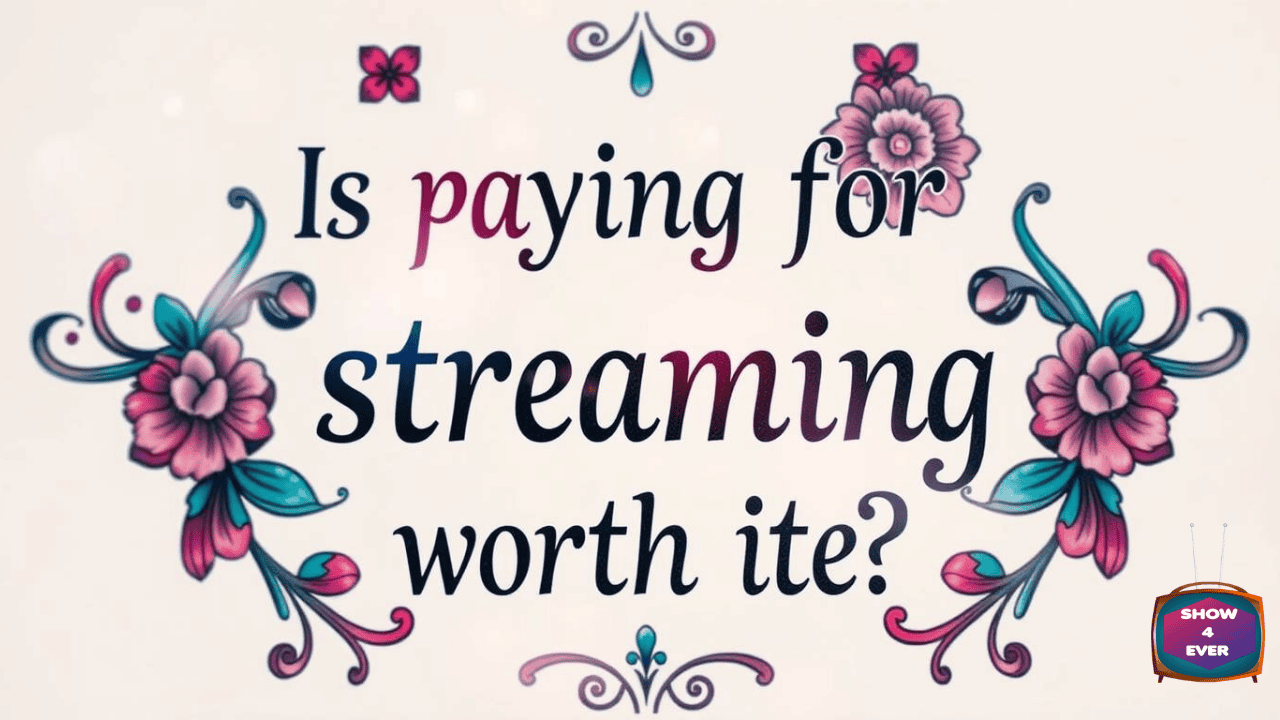

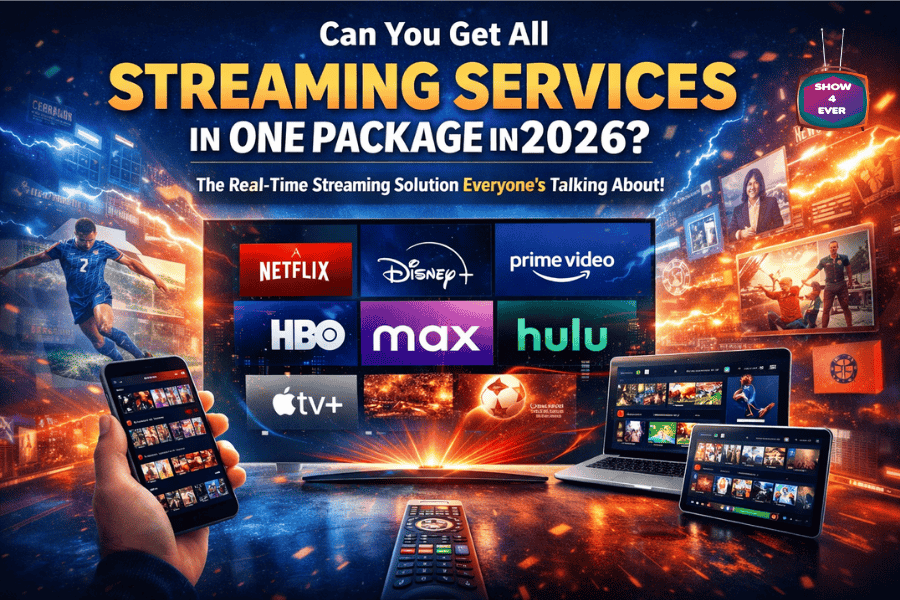
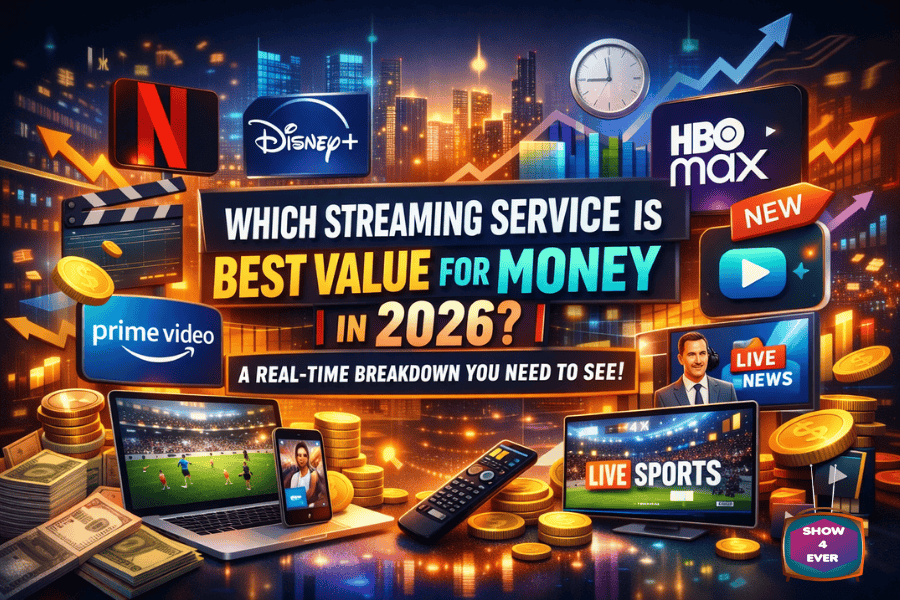
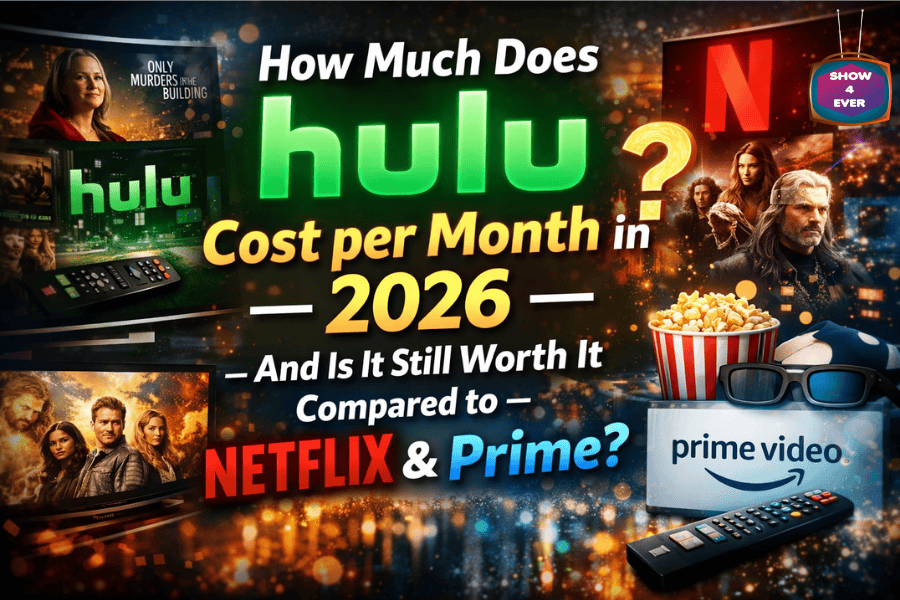
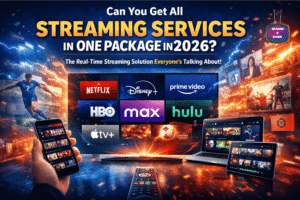
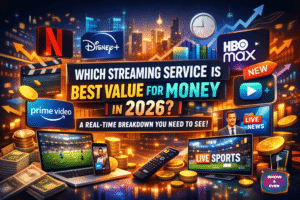
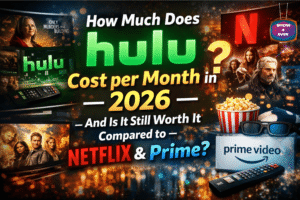





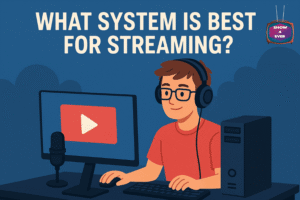
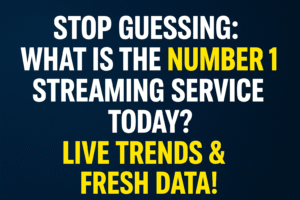

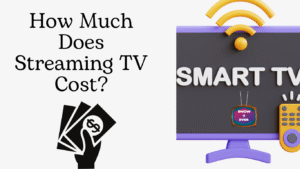
Post Comment